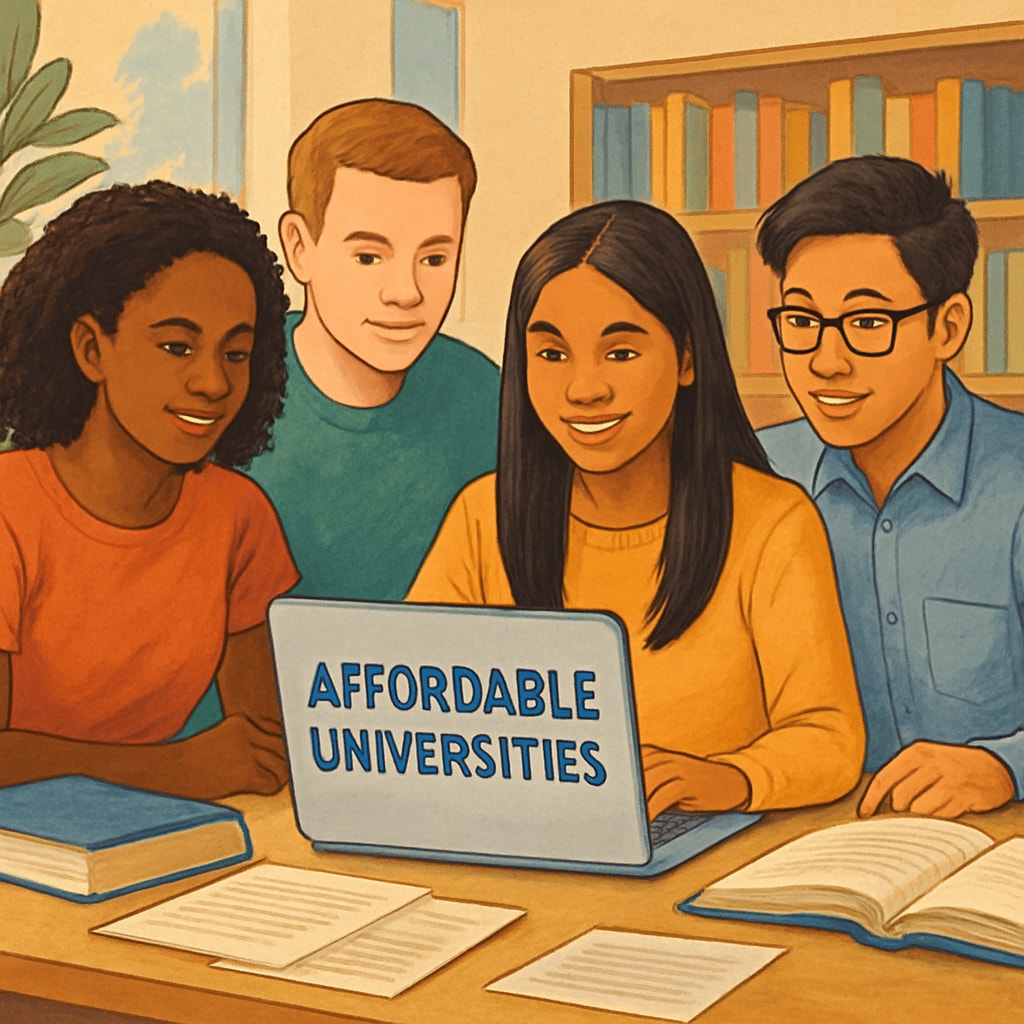For students with AS-level qualifications, finding affordable university options can feel overwhelming, especially when working within a tight budget. However, there are practical strategies to navigate the university admissions process, identify cost-efficient institutions, and explore financial aid opportunities. This article provides actionable advice to help students pursue higher education without breaking the bank.
Understanding AS-Level Education and University Admissions
AS-level qualifications, which represent the first half of the full A-level program, are widely recognized in many countries. However, some universities may require additional qualifications for admission. To overcome this hurdle, students can consider applying to universities that explicitly accept AS-levels as sufficient for entry or offer foundation programs as a stepping stone to degree-level studies.
Research is key—students should carefully review university admission requirements and focus on institutions known for their flexible entry criteria. Online resources like University Admissions on Wikipedia can provide valuable insights into global admissions standards.

Budget-Friendly Universities That Accept AS-Level
Several universities worldwide cater to students with AS-level qualifications and offer affordable tuition fees. These institutions often aim to provide access to education for diverse student populations. Some examples include:
- Community colleges in the United States, which offer transfer programs to 4-year universities.
- European universities, particularly in Germany and Norway, where tuition fees are low or free for international students.
- Open universities, such as the UK’s Open University, which offer flexible online programs at reduced costs.
By targeting universities that emphasize inclusivity and affordability, students can significantly reduce their financial burden.

Scholarships and Financial Aid Opportunities
Scholarships and financial aid can be game-changers for budget-conscious students. Here are some tips to maximize these opportunities:
- Start early: Many scholarships have strict deadlines, so applying well in advance is crucial.
- Search widely: Use online platforms like Scholarship Information on Britannica to explore global scholarship options.
- Tailor applications: Write compelling essays and personalize your application to align with the scholarship’s mission.
In addition to scholarships, students should consider government grants, work-study programs, and private funding opportunities.
Alternative Pathways to Higher Education
For students unable to secure a spot in traditional universities due to AS-level limitations or budget constraints, there are alternative pathways worth considering:
- Vocational training programs that offer specialized skills and certifications.
- Online degree programs, which are often more affordable and flexible.
- Apprenticeships that combine education with on-the-job training.
These alternatives can provide valuable education and career prospects while minimizing costs.
As a result, students can access quality education without compromising their financial stability.
Readability guidance: Use concise paragraphs, avoid jargon, and incorporate actionable advice. Keep sentences short and include transition words like “however,” “in addition,” and “for example” for smoother flow.


